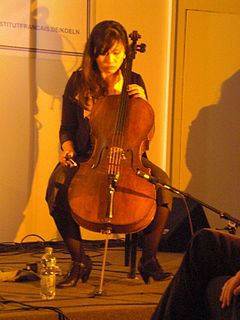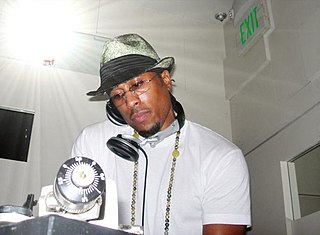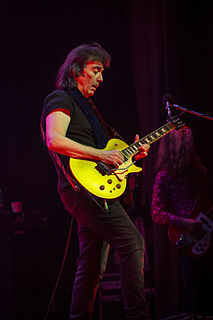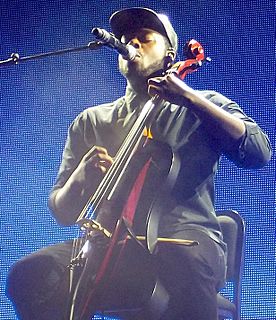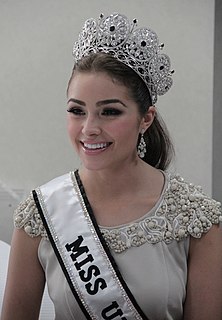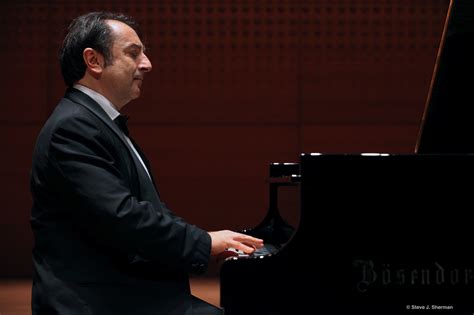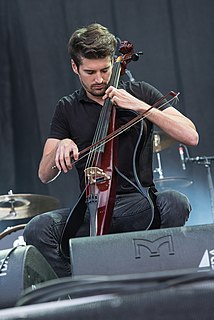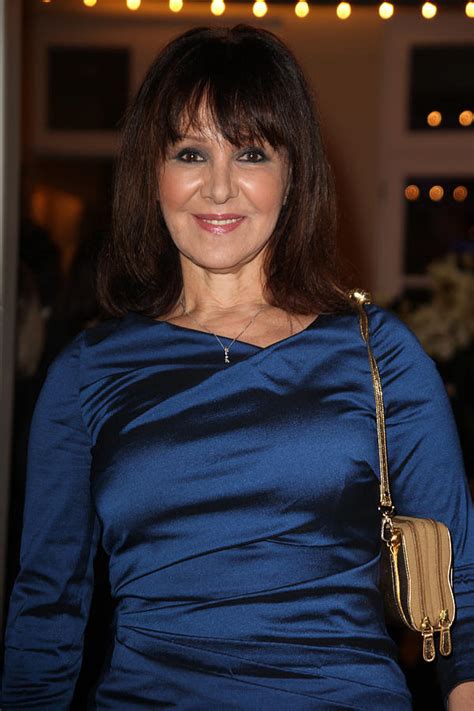A Quote by Alicia Keys
I learned the cello , but I would still need a massive amount of practice. But I do play classical music, so I understand where that comes from.
Related Quotes
My father was able to play a number of musical instruments and I fell in love with classical music in my teens and I allowed it to influence me. I like to think I took and still do from classical music and various techniques, I have made classical albums and recorded seven different pieces of Bach on different albums and its all music too me.
I particularly enjoy cello music because our daughter plays the cello. I have listened to her practice for so many hours that I am familiar with the music written for that instrument. I am also fond of the popular music of the 1930s because my future husband and I danced to it so many Saturday nights when we were in college.
Classical music, fortunately or not, unfolds in time. It's not like a picture you can stare at for 10 seconds or 10 hours. You need the minimum amount of education and training, and society needs to find a way to study music - not only the performances, but how to compose, how to understand why Mozart was great at what he did.
The music industry is something that I'm still trying to understand. With acting, I've been doing it for so long that I understand every aspect of it for the most part - there are obviously still more aspects that I need to learn - but I have a grasp on it. With music, I'm still learning. I'm still getting used to it.
Music was literally in the air at the time, the Vienna of 1780. Everybody played music, classical music. There were in fact so many musicians that in apartment buildings people had to come up with a schedule - you practice at 5 p.m., I'll practice at 6 p.m. That way the music didn't collide with one another.


